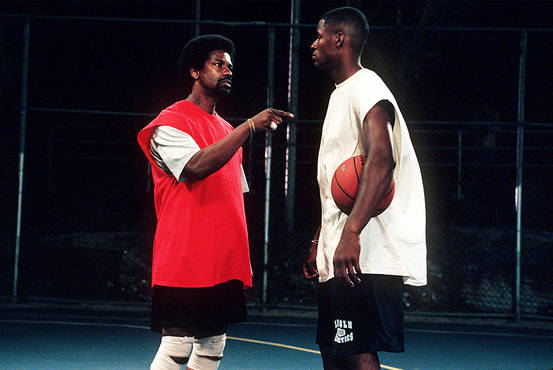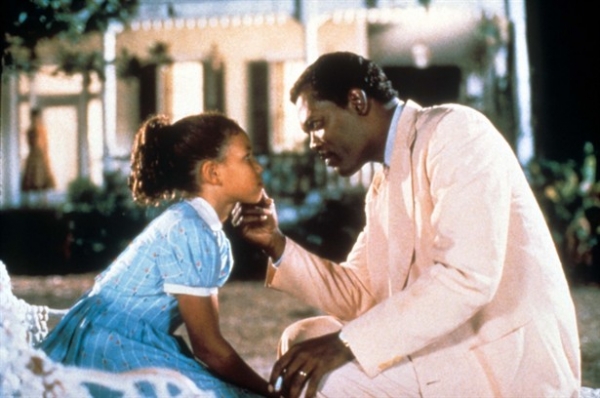Multiplying two negatives makes a positive in mathematics. But in life, one negative event followed by another negative event makes for an even worse situation and an even bigger obstacle to overcome.

McKee writes:
“Negation of the Negation means a compound negative in which a life situation turns not just quantitatively but qualitatively worse. The Negation of the Negation is at the limit of the dark powers of human nature. In terms of justice, this state is tyranny. Or, in a phrase that applies to personal as well as social politics: “Might Makes Right.”…It’s the difference between a world where law exists and a world where might makes right. The absolute depth of injustice is not criminality, but “legal” crimes committed by governments against their own citizens.”
Beyond unfairness and injustice, tyranny takes conflict to a new dimension. Take these examples.

In He Got Game (Spike Lee, 1998) it’s unfair that Jake Shuttlesworth (Denzel Washington) gets a long prison sentence for an unintentional death. It’s unjust that the warden would only consider giving him a shorter sentence if he convinces his son, Jesus Shuttlesworth (Ray Allen), to play basketball for Big State University. It’s also unfair that Jake is coerced into cultivating a relationship with his estranged son for the sole means of this ulterior purpose. But the ultimate tyranny occurs when he succeeds in getting his son to enroll at the school but the warden doesn’t hold up his end of the bargain in allowing him to leave prison.

In Madea’s Family Reunion (Tyler Perry, 2006), we feel empathy for Lisa (Rochelle Aytes) who plans to wed her abusive fiance (Blair Underwood). But Lisa experiences a double negative when her mother Victoria (Lynn Whitfield) sides with the fiance and we’re outraged to learn that she has been in cahoots with him all along.

In Eve’s Bayou (Kasi Lemmons, 1997), Louis (Samuel L. Jackson) has an affair with a married woman and a weakness for attractive women. But his infidelity goes to further reaches as he begins to desire his own daughter. At this point, Louis’ desires have crossed a line and we are left to discover whether he can reel his affairs back in order or whether his actions have left him permanently out of control of his own life.
In each of these films, the characters face a real dilemma — a formidable antagonist — both in their inner thoughts and in their outside world. They are presented with an issue and forced to make decisions to resolve it.
Many movies fall flat because the conflict is not interesting. The conflict stops where it starts – at ground zero. Or it’s repetitive and fails to up the ante to new levels of intensity.
Does your story go to the limit? Does it go to tyranny?









